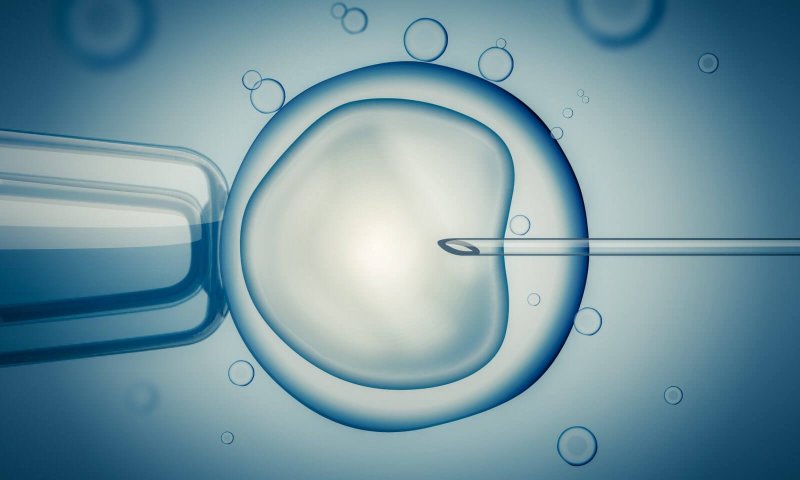Facing criticism from fellow scientists, the researcher behind the world’s largest effort to edit human embryos with CRISPR is vowing to continue his efforts to develop what he calls “IVF gene therapy.”
Shoukhrat Mitalipov, of Oregon Health Sciences University in Portland, drew global headlines last August when he reported successfully repairing a genetic mutation in dozens of human embryos, which were later destroyed as part of the experiment.
…
The breakthrough drew wide attention, including from critics who quickly pounced, calling it biologically implausible and potentially the result of careless errors and artifacts.
Today, those critics are getting an unusual hearing in the journal Nature, which is publishing two critiques of the Oregon research as well as a lengthy reply from Mitalipov and 31 of his coworkers in South Korea, China, and the Salk Institute in La Jolla, California.
The scientific sparring centers on CRISPR’s well-known tendency to introduce unseen damage into a cell’s DNA.
…
Mitalipov remains intent on proving that CRISPR can work safely on embryos. …he believes it will take five to 10 years before the process is ready to attempt in an IVF center.
…
Mitalipov says trying out CRISPR on embryos is the only way to make progress…
“If we don’t do it, it will never come closer,” he says.
Read full, original post: US scientist who edited human embryos with CRISPR responds to critics































